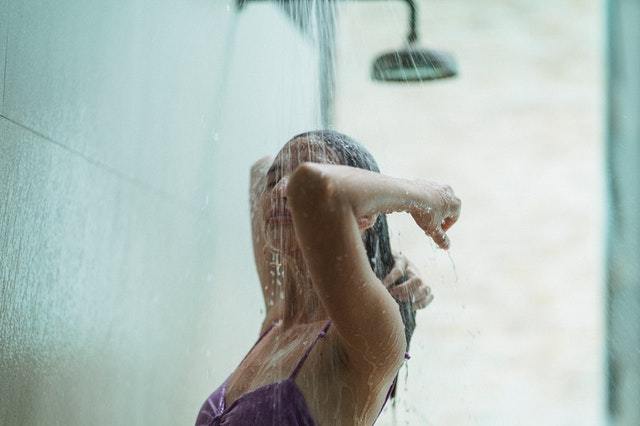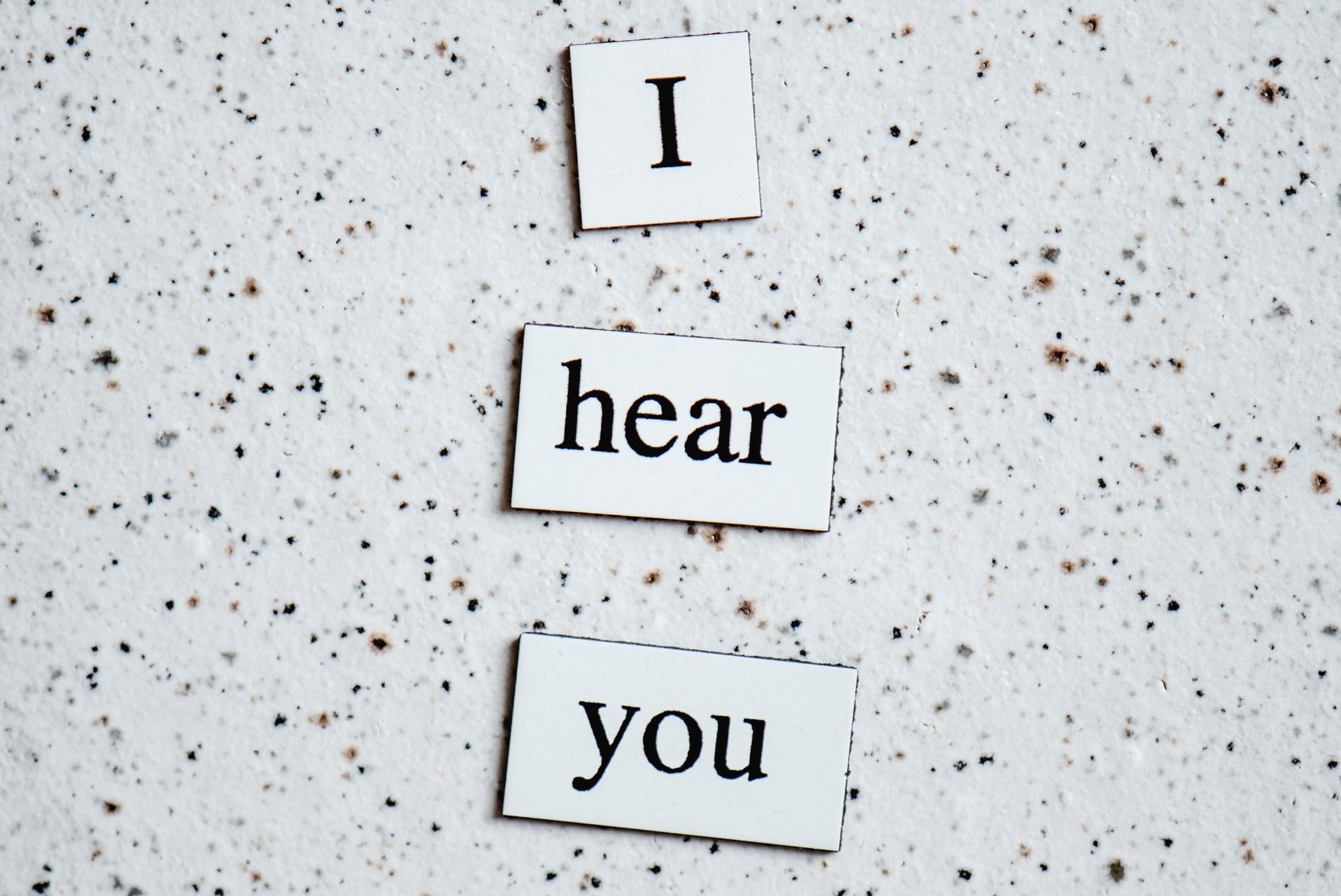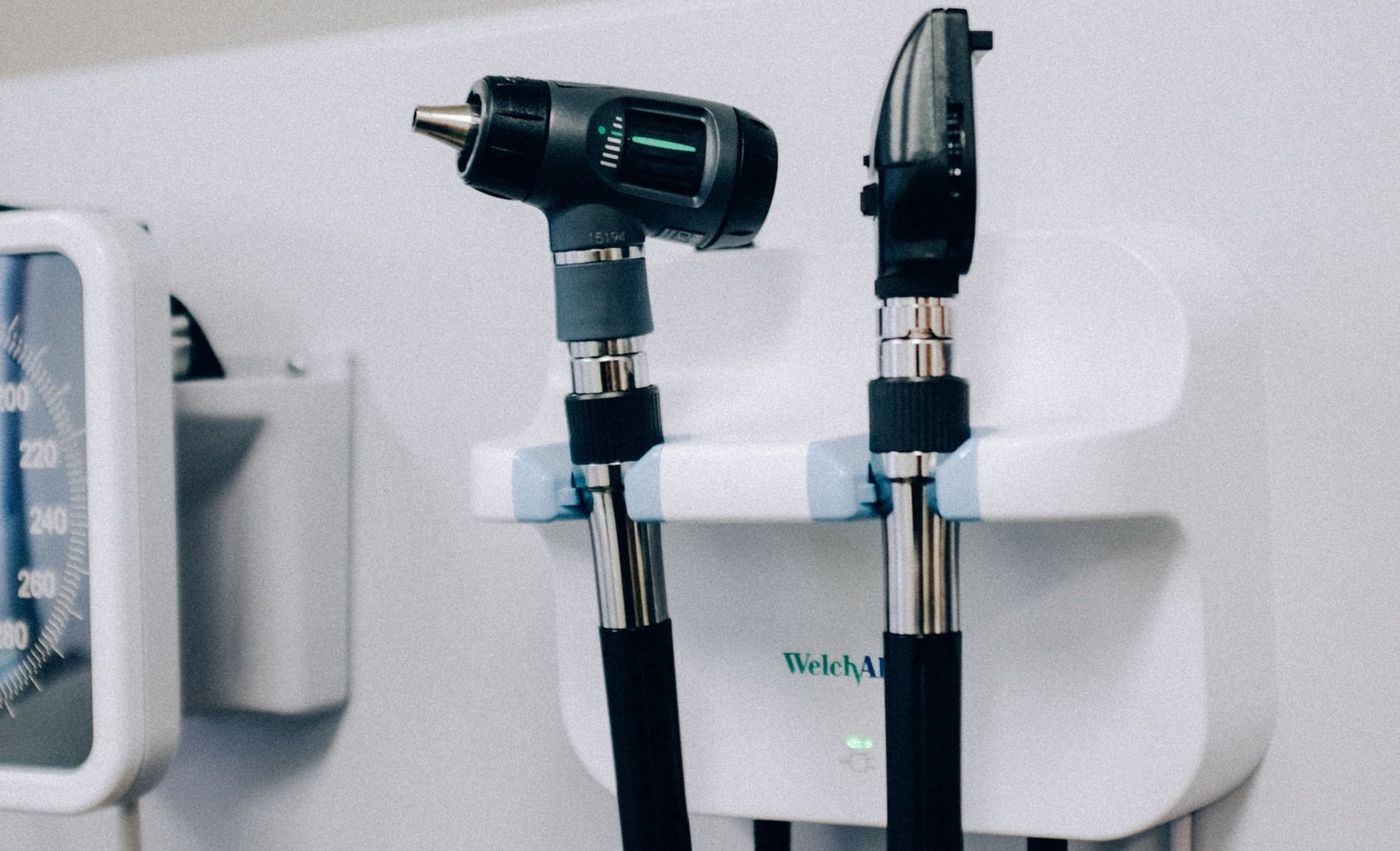
Although it would be great to be able to jump in the pool or shower without having to worry about your hearing aid, there are no truly waterproof hearing aids available on the market. Most hearing aids made today are water-resistant to some degree, which means that they are designed to handle some moisture, but not prolonged submersion in water.
Just like other sophisticated electronic devices such as smartphones and laptops, hearing aids function best when they are kept clean and dry. All hearing aid manufacturers include language warning users to not submerge your device in water. However, you may forget and take a dip in the pool or step into the shower before remembering that you’re wearing your hearing aids. So what can you do if your hearing aids get wet?
Contents
Can You Get Your Hearing Aid Wet?
The short answer is NO. However, if you do happen to get your hearing aid wet, you probably won’t need to replace it – today’s electronics are built to be resilient against water intrusion and your hearing aid is no different. All hearing aids come with an IP rating, determined by the International Electrotechnical Commission. Look for this on the outside of the hearing aid packaging. The first digit rates the device on how well it protects against dust and debris on a scale from one to seven. The second digit rates the device’s protection against water or moisture intrusion on a scale from one to nine.
For example, a hearing aid with a rating of IP67 is well protected against dust intrusion and moderately well protected against moisture intrusion. The most water-resistant hearing aids currently available will have an IP rating of IP68. These devices are rated to withstand brief immersion in water and continue functioning. However, there are some immediate steps you should take if your hearing aid gets wet, no matter the IP rating.
How to Dry Your Hearing Aid
If you accidentally wear your hearing aids into the shower or the pool, don’t panic just yet. Instead, follow these steps to dry out your hearing aid as quickly as possible:
- Remove the hearing aid from the water as soon as you possibly can; the less time it’s submerged means the less time water has to infiltrate the important internal components.
- Switch off your hearing aid immediately, and don’t consider turning it back on until it’s had time to dry properly.
- Remove the battery, dry the battery with a clean dry cloth, and set aside.
- Remove the tube if one is present, and shake the whole device gently to try to remove as much water as possible.
- Use a hairdryer or a fan to dry the hearing aid as much as possible; however, be careful to not let your hearing aid get too hot. Use the blowdryer on a low setting and keep it a few inches away from your device.
- Let the hearing aid dry out, which may take several days. Make sure to leave the battery door open and let it sit in a dry area, ideally with air flow. Better yet, store your hearing aids in a dehumidifier, which will shorten the drying time considerably. If you do have a dehumidifier, run the dehumidifier for approximately 24 hours, which should be about three or four drying cycles.
- Once the hearing aid is dry, put the battery back in and try turning it on. If it won’t turn on, then you might consider letting it dry longer or have your audiologist inspect it; it might need to be sent in for repairs.
- If your hearing aid comes into contact with salt water or dirty water, still follow the same procedures outlined above, but first rinse the device immediately with fresh water before doing anything else. Salty or dirty water could harbor dangerous bacteria and potentially corrode any exposed metal components.
Now that you know what to do if your hearing aid gets wet, let’s briefly discuss what not to do in the event of accidental submersion:
- Never try to dry your hearing aid by putting it in the microwave or your oven. Your hearing aid will be exposed to far too much heat; it will melt and then you will definitely need to purchase a new one. It’s not worth the risk.
- Don’t just assume your hearing aid is ruined because it got wet. You spent a considerable amount of money on your hearing aids, so don’t give up on them. Give them time to dry and if all else fails, talk to your audiologist about having your hearing aid repaired.
How to Maintain Your Hearing Aid for Longer Life
Hearing aids are designed to take a beating; after all, they spend all day in your ears being exposed to sweat, ear wax, dust, and skin oils. To keep your hearing aids going for as long as possible, always keep them in a safe and dry environment when they’re not in your ears. The ideal place is a dehumidifier, which will dry out your hearing aids every night while you sleep. Some dehumidifier models also sanitize your hearing aids, which kills harmful bacteria.
Having your hearing aids regularly inspected and cleaned throughout the year is another great way to ensure that you’ll get as much life out of them as possible. When you have your hearing aids checked up, your audiologist will inspect parts that wear out, such as wax guards, earmold tubing, and earpiece tips, and replace them if necessary. In addition to these regular professional cleanings, you should be cleaning your hearing aids everyday to keep them free from earwax buildup and other debris. The best time to do this is right before you go to bed and before you put your hearing aids in the dehumidifier.
Average Hearing Aid Lifespan
The majority of hearing aids on the market today have an expected average lifespan of between three and seven years. There are a number of factors that impact exactly how long your hearing aids last:
- Materials: the type of materials used in the manufacture of your hearing aids, such as plastics, metals, silicon, and polymers, can impact their lifespan, as well as the quality of those materials.
- Cleaning frequency: the more often you clean your hearings aids, the longer they’ll last.
- Environment: humid or dusty environments can greatly shorten the lifespan of your hearing aids; consider protective sleeves if you live or work in such environments.
- Storage: store your hearing aids in a clean, dry, and safe place.
- Hearing aid style: behind-the-ear hearing aids tend to last longer than in-the-ear styles, largely because less components are sitting in the moist environment of your ear.
- Body physiology: there’s no way around this one; some people sweat more, produce more ear wax, or produce more skin oils than other people, and the amount of those secretions your hearing aid is exposed to can greatly impact its lifespan.
- Maintenance: keeping up with the professional maintenance of your hearing aids is key to their longevity.
The information in this guide has been written using the following reliable sources:
https://uk.rs-online.com/web/generalDisplay.html?id=ideas-and-advice/ip-ratings
https://www.healthyhearing.com/report/30926-Long-do-hearing-aids
https://www.hearingyourbest.com/5-factors-that-affect-how-long-hearing-aids-last/
https://www.hearingaidknow.com/if-your-hearing-aid-gets-wet
https://www.hear-it.org/When-your-hearing-aid-gets-wet
https://www.healthyhearing.com/report/52887-The-basics-of-waterproof-hearing-aids








